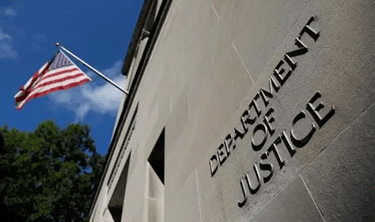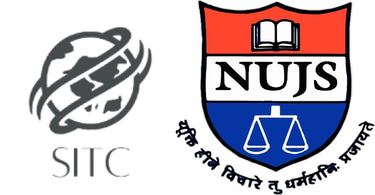Quick Updates - July 2025
QUICK UPDATES2025
Serena Sarkar, Anubhab Bhowmick, Sayari Saha and Sanaa Verma - SITC
7/27/20257 min read
ICA launches investigation against DeepSeek for unfair commercial practice
The Italian Competition Authority (ICA) has opened an investigation into AI platform DeepSeek, alleging it misled users by failing to provide clear warnings about “hallucinations” — AI-generated inaccuracies that could affect critical decisions. The ICA claims DeepSeek’s disclaimer (“AI-generated, for reference only”) is vague, poorly visible, and presented only in English—even for Italian-language users. More detailed warnings are buried in the terms of use and are inaccessible from the main pages. This violates Articles 20–22 of the Italian Consumer Code on commercial practice. Inducing users to place undue trust in AI results, especially in sensitive domains like health, finance, or law. Although DeepSeek is a free tool, the ICA emphasized that user reliance still qualifies as a “commercially relevant act” under competition law.
Google’s proposed reforms to stave off EU antitrust fine
The European Commission has charged Google under the Digital Markets Act (DMA) for allegedly abusing its dominance in online search by unfairly promoting its services—like Google Shopping, Flights, and Hotels—over rivals such as Skyscanner and Booking.com. Regulators say Google’s practice of prioritizing its vertical search services (VSS) limits consumer choice and stifles competition. To respond, Google has proposed “Option B” — a rival service in a box above direct providers like hotels and airlines, using “objective” criteria. However, competitors argue this still favors Google, citing visual dominance and exclusive features. If the Commission deems the remedy inadequate, Google could face a fine of up to 10% of its global turnover (~$30 billion).
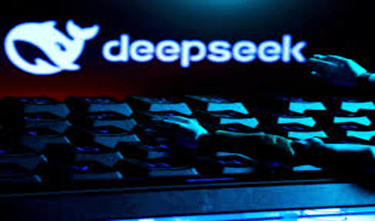

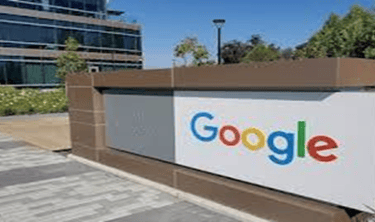

CCI rejects plea against Google for allegedly giving Truecaller exclusive access to user data
The Competition Commission of India (CCI) dismissed a complaint filed by journalist Rachna Khaira alleging that Google India abused its dominant position by granting Truecaller exclusive access to users’ private contact data, thereby violating Google’s own Play Store policies, distorting competition, and creating a monopoly. The CCI found that Truecaller operates with user consent and in compliance with Play Store rules. It was also noted that the complaint was based on a version of the app that was not distributed via the Play Store. No evidence of discriminatory treatment or harm to rival apps was provided thus no prima facie case under Section 4 of the Competition Act.
Delhi High Court ordered the CCI to revisit AGI Greenpac's plea against INSCO's approval for acquiring HNGIL within 10 days.
The acquisition of Hindustan National Glass and Industries Ltd (HNGIL) — India’s largest container glass maker — has sparked a high-stakes legal battle involving AGI Greenpac and Independent Sugar Corp. (INSCO). AGI’s ₹2,752 crore resolution plan was initially approved by NCLT and NCLAT but quashed by the Supreme Court in January 2025 due to procedural lapses. Subsequently, INSCO, backed by Uganda’s Madhvani Group, obtained a fast-track CCI clearance to acquire HNGIL. AGI has challenged this approval, citing a violation of Regulation 5A of the Combination Regulations, which requires joint filings, and alleging that CCI overlooked its objections. The Delhi High Court has directed CCI to rule on AGI’s plea within 10 days. Meanwhile, the Supreme Court has agreed to revisit its earlier judgment, considering CCI’s concerns about enforcement challenges.




Sun Pharma’s $200 Million U.S. Antitrust Settlement
Sun Pharmaceutical Industries Ltd., settled with the U.S. for $200 million over antitrust charges. The case filed in Pennsylvania's Eastern District Court, accused Sun Pharma and subsidiaries like Taro Pharmaceuticals USA Inc. of conspiring with other makers to set prices on 18 generic drugs. While the settlement does not constitute an admission of wrongdoing, it will reward U.S. consumers allegedly overcharged due to the price-fixing conspiracy. The deal is subject to judicial approval and may be trimmed if enough class members opt out. The potential impact is significant, with almost one-third of Sun Pharma's FY 2025 revenue of $6.1 billion from the U.S. market.


Broadcom–VMware Deal Faces EU Legal Challenge Over Antitrust Concerns
Broadcom's $61 billion takeover of VMware is being subjected to fresh legal scrutiny in the EU, with the Cloud Infrastructure Services Providers in Europe (CISPE) — an Amazon Web Services-backed coalition — mounting a challenge against the European Commission's greenlighting of the merger against the European Commission's approval of the deal, claiming it failed to prevent anti-competitive practices. CISPE alleges Broadcom imposed abusive licensing terms, raised prices, and terminated prior agreements post-merger—moves that could harm European cloud providers and stifle innovation. The case is before the EU General Court in Luxembourg and awaits a hearing date.
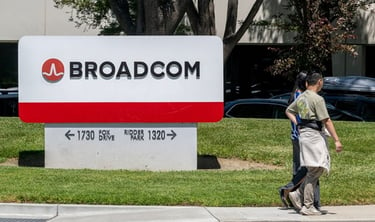

EU Releases Mandatory Template for AI Model Training Data Disclosure Under AI Act
In a major step under the EU’s Artificial Intelligence Act, the European Commission has introduced an obligatory reporting template for general-purpose AI (GPAI) models, effective August 2, 2025. All GPAI providers operating in the EU must publicly disclose a “sufficiently detailed summary” of their training data — including public datasets, licensed sources, and web-scraped content. Existing models must comply by August 2, 2027. The regulation aims to safeguard IP rights, user data, and research freedoms. EU tech chief Henna Virkkunen emphasized that this uniform disclosure framework is vital for transparency and legal accountability in AI. Unlike the U.S., the EU’s rights-focused approach sets a global precedent in AI governance.


CCI Fines Carlyle and Bequest ₹4 Lakh for Misuse of Green Channel Route
The Competition Commission of India (CCI) has imposed a ₹4 lakh fine on Carlyle Group’s investment arm (CA Plume Investments) and Bequest Inc. for incorrectly availing the green channel route while acquiring stakes in Quest Global Services. The green channel allows automatic approval only if there are no horizontal, vertical, or complementary overlaps—criteria that the parties failed to meet. The CCI found that the acquirers wrongly declared no overlaps in their October 2023 filing, triggering a show-cause notice. The parties admitted the error, issued an unconditional apology, and cooperated fully. The penalty, issued under Section 43A of the Competition Act, must be paid within 60 days, and a corrected merger notice must be refiled within 30 days.
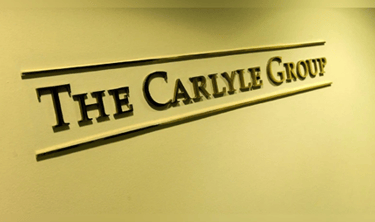

U.S. Judge Dismisses Antitrust Case Against NFL Over Merchandise Licensing
A U.S. federal judge has dismissed an antitrust lawsuit filed by Casey’s Distributing Inc. against the NFL, its 32 teams, and its merchandise partner Fanatics. The suit alleged that the NFL’s exclusive licensing and distribution practices—especially on major platforms like Amazon and Walmart—restricted competition and drove up consumer prices. However, the court ruled that Casey failed to prove consumer harm, emphasizing that antitrust law protects market competition, not individual competitors. While the dismissal is without prejudice, the case is not entirely closed; Casey’s has until July 30, 2025, to file an amended complaint.
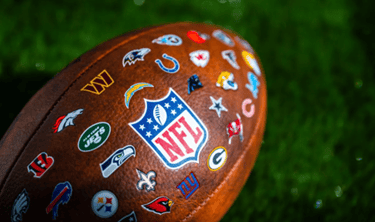

UBS Faces Partial Legal Setback in EU FX Cartel Case
The EU General Court has upheld the European Commission’s finding that Credit Suisse—now part of UBS—was involved in the “Sterling Lads” foreign exchange trading cartel, but significantly reduced the fine from €83.2 million to €28.9 million. The court ruled that the Commission miscalculated the penalty by relying on unreliable proxy data for sales value. While UBS, which acquired Credit Suisse in 2023, failed to overturn the cartel ruling, it succeeded in lowering the financial liability. The judgment confirms that post-merger entities remain liable for pre-acquisition conduct under EU competition law, underscoring the Commission’s continued focus on cartel enforcement in financial markets.
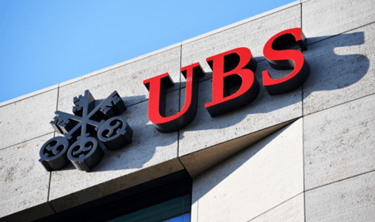

Antitrust Suit Against Apple, Visa, and Mastercard Dismissed by U.S. Court
In Mirage Wine & Spirits Inc. et al. v. Apple Inc. et al., a U.S. federal judge dismissed an antitrust lawsuit alleging that Apple, Visa, and Mastercard conspired to limit competition in the digital payments market. The plaintiffs claimed Visa and Mastercard paid Apple to avoid launching a rival payment network, allowing them to maintain high transaction fees. Judge David Dugan found the claims insufficiently supported and noted the complaint failed to account for the complexities of building such a network. Plaintiffs have been granted leave to amend and refile their case.


LinkedIn Agrees to Modify Contractual Practices in Response to Anti-competitive Allegations
In Crowder et al. v. LinkedIn Corp., LinkedIn agreed to modify specific API-related contracts to settle a class action antitrust suit in the U.S. District Court for the Northern District of California. Plaintiffs alleged LinkedIn used restrictive API clauses to block potential competitors, maintain market dominance, and enable inflated pricing for premium services. Without admitting liability, LinkedIn will suspend such clauses for three years. The settlement covers about nine million users who purchased Premium subscriptions since January 2018. While it offers no direct monetary compensation, it includes injunctive relief to promote competition and enhance consumer choice.
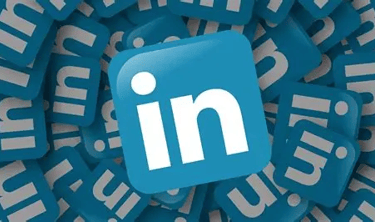

DOJ Launches Whistleblower Rewards Program to Target Criminal Antitrust Violations
The U.S. Department of Justice has launched a new whistleblower rewards program to detect criminal antitrust violations such as price-fixing and collusion. Managed by the DOJ’s Antitrust Division, the initiative offers financial rewards of up to 30% of criminal fines collected for individuals who provide original, timely information that leads to successful enforcement. Announced by Antitrust Division head Abigail Slater, the program is part of a broader DOJ strategy to strengthen whistleblower protections and enforcement capabilities. While not all tips will result in payouts, the initiative seeks to create a new pipeline of leads to identify and prosecute anticompetitive conduct.
